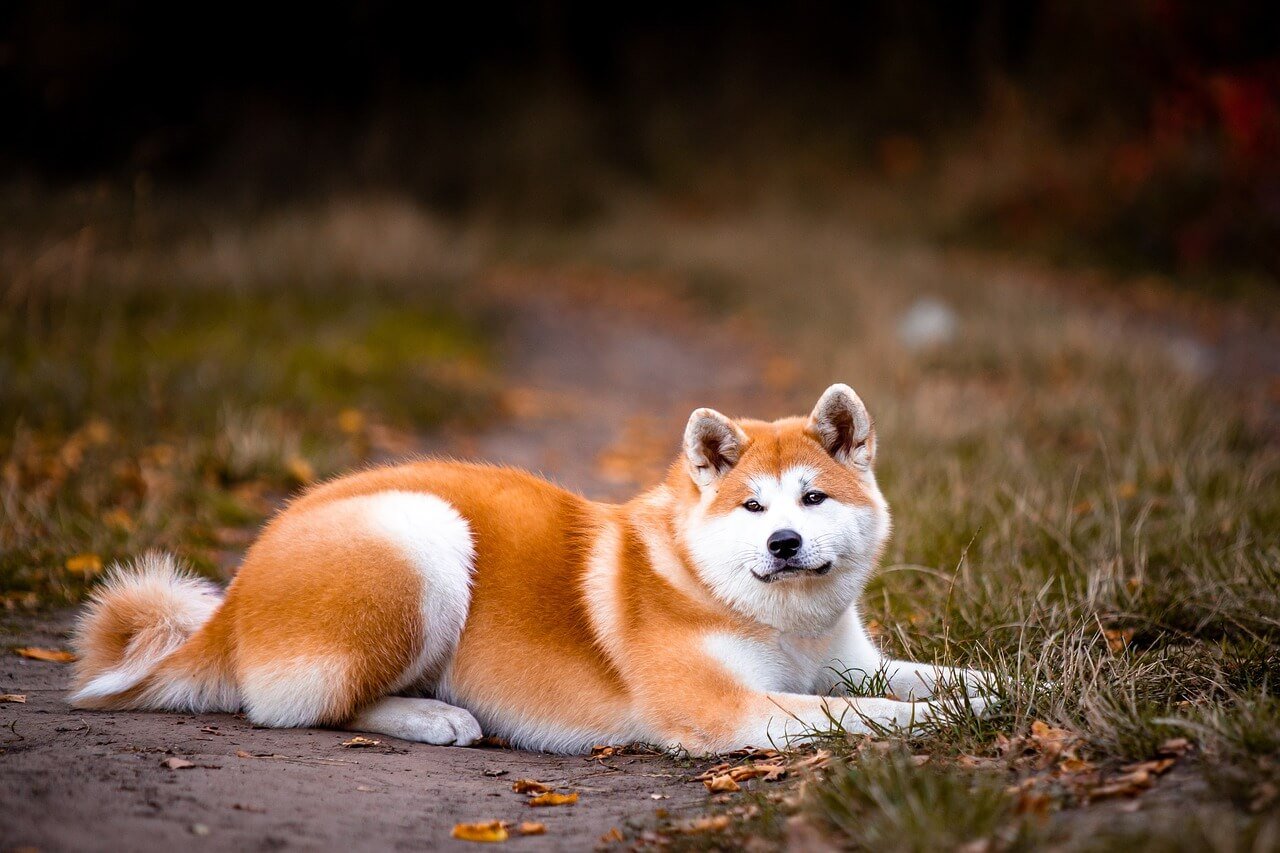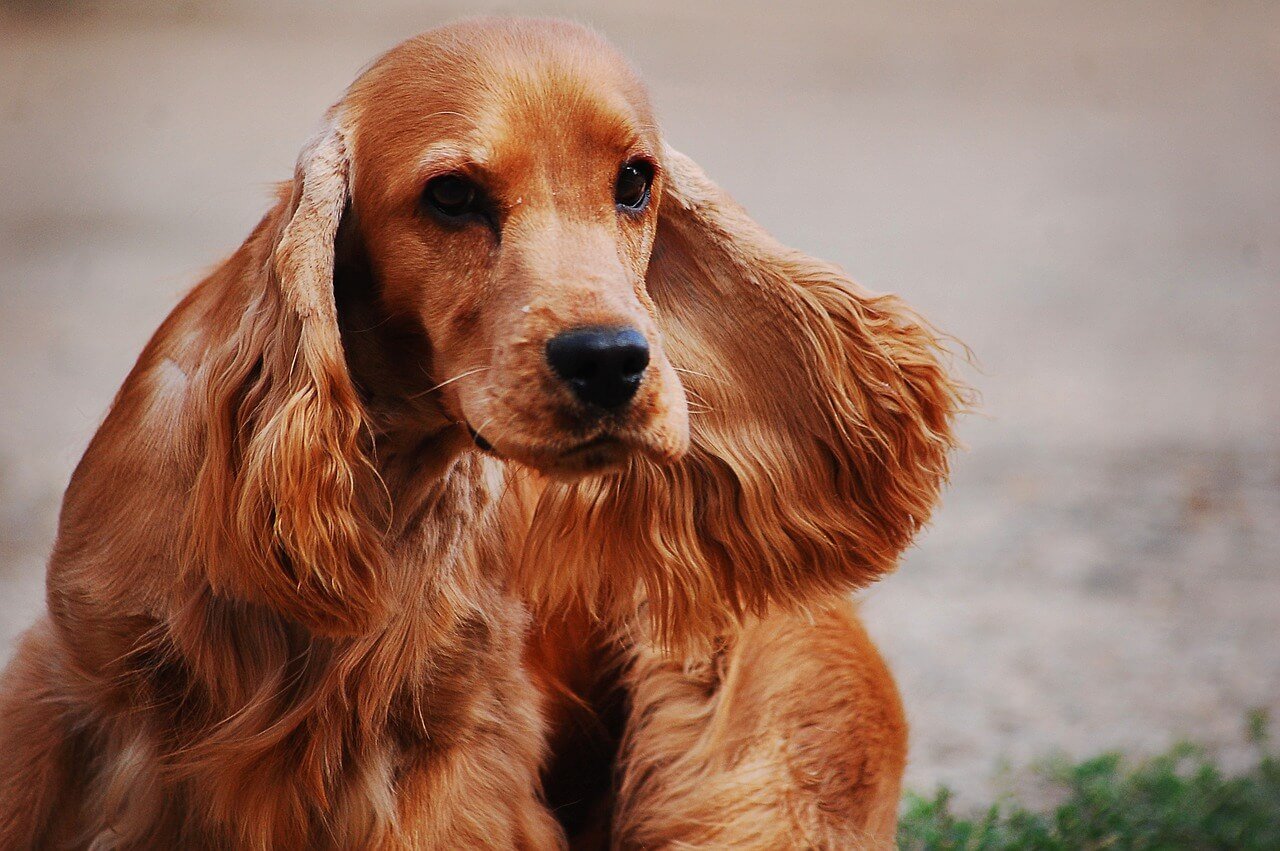Are Akita Dogs Dangerous? Debunking the Myths
When it comes to dog breeds, few evoke as much curiosity and debate as the Akita. Known for their striking appearance, loyalty, and independent nature, Akitas have long been celebrated in their native Japan as symbols of strength and devotion. However, these majestic dogs are often labeled as “dangerous” due to misconceptions about their temperament. Are Akitas truly dangerous, or is this reputation undeserved? In this blog post, we’ll explore the truth behind the myths, examine their behavior, and provide insights into what makes an Akita tick. By the end, you’ll have a clearer understanding of whether this breed is the right fit for you.
Understanding the Akita Temperament
To determine whether Akitas are dangerous, it’s essential to first understand their temperament. These dogs are known for their strong personalities, which can sometimes be misunderstood. Below are key traits that define the Akita’s character:
Loyalty: Akitas are fiercely loyal to their families and will go to great lengths to protect them.
Independence: They are highly independent thinkers, often preferring to make decisions on their own rather than relying on commands.
Protectiveness: Akitas have a natural instinct to guard their loved ones, which can sometimes be perceived as aggression.
Reserved Nature: They tend to be aloof or reserved around strangers, which can lead to misunderstandings.
Strong Prey Drive: Their hunting instincts may cause them to chase smaller animals unless properly trained.
While these traits might seem intimidating, they are not inherently dangerous. With proper training and socialization, an Akita can become a loving and well-behaved companion.
Factors That Influence Akita Behavior
An Akita’s behavior is shaped by several factors, including genetics, upbringing, and environment. Understanding these influences can help clarify why some Akitas may exhibit challenging behaviors. Here’s a breakdown of the key factors:
Genetics: Akitas bred from aggressive or fearful parents may inherit similar traits, making early intervention crucial.
Training: Consistent and positive reinforcement-based training is vital to channeling their energy and instincts appropriately.
Socialization: Early exposure to different people, animals, and environments helps Akitas develop confidence and adaptability.
Exercise Needs: This breed requires ample physical and mental stimulation to prevent boredom and destructive behaviors.
Owner Experience: First-time dog owners may find Akitas challenging due to their strong-willed nature. Experienced handlers often fare better.
By addressing these factors, owners can ensure their Akita grows into a well-adjusted and balanced dog. Neglecting any of these areas, however, can contribute to behavioral issues.
Check this guide 👉How Much Do Akita Dogs Cost? Best 7 Expert Tips!
Check this guide 👉Discovering the Majestic Akita Dog: Best 7 Expert Tips!
Check this guide 👉How Long Does a Husky Live? Best 7 Expert Tips!

Key Traits of Akitas | Tips for Owners |
|---|---|
Loyal | Spend quality time bonding with your Akita. |
Independent | Use consistent training methods. |
Protective | Teach them to differentiate between real threats and harmless situations. |
Reserved Around Strangers | Gradually introduce them to new people in a controlled setting. |
Strong Prey Drive | Supervise interactions with smaller pets or animals. |
Benefits of Owning an Akita
Despite concerns about their potential danger, owning an Akita comes with numerous benefits. For the right owner, these dogs can be incredibly rewarding companions. Consider the following advantages:
Unwavering Loyalty: Akitas form deep bonds with their families and are always eager to protect them.
Natural Guardians: Their protective instincts make them excellent watchdogs without requiring formal guard dog training.
Low Maintenance Grooming: While they shed heavily during certain seasons, their grooming needs are relatively straightforward.
Quiet Demeanor: Unlike some breeds, Akitas are not excessive barkers, making them ideal for quieter households.
Unique Personality: Each Akita has a distinct personality that makes them stand out from other breeds.
For those willing to invest time and effort into raising an Akita, the rewards far outweigh the challenges. These dogs thrive when given structure, love, and respect.
Common Misconceptions About Akitas
Many misconceptions surround Akitas, contributing to their reputation as dangerous dogs. It’s important to separate fact from fiction to appreciate these remarkable animals fully. Here are some common myths debunked:
Myth: Akitas are naturally aggressive.
Reality: Aggression is typically a result of poor breeding, lack of socialization, or improper handling—not inherent to the breed.Myth: They cannot coexist with other pets.
Reality: With proper training and supervision, Akitas can live harmoniously with other animals.Myth: Akitas are unsuitable for families with children.
Reality: When raised alongside kids and taught boundaries, Akitas can be gentle and protective family members.Myth: They require constant dominance.
Reality: Positive reinforcement works better than harsh discipline, as Akitas respond poorly to forceful methods.Myth: All Akitas are the same.
Reality: Like humans, each Akita has its own unique personality shaped by genetics and experiences.
By dispelling these myths, we can better understand and appreciate the true nature of Akitas.
Akita Health Considerations
When considering an Akita as a pet, it’s important to be aware of their health needs. Akitas are generally robust dogs, but like all breeds, they are prone to certain conditions that require attention. Here are some key health considerations for Akitas:
Hip Dysplasia: This is a common condition in large breeds where the hip joint doesn’t develop properly.
Autoimmune Disorders: Akitas may suffer from autoimmune diseases such as pemphigus or lupus.
Bloat (Gastric Torsion): Due to their deep chests, Akitas are at risk of bloat, a life-threatening condition requiring immediate veterinary care.
Progressive Retinal Atrophy (PRA): PRA can lead to vision loss and should be monitored through regular eye exams.
Hypothyroidism: Low thyroid function can cause weight gain, lethargy, and skin issues if left untreated.
By staying informed about these potential health concerns, owners can take proactive steps to ensure their Akita lives a long and healthy life.
Training Tips for Akitas
Training an Akita requires patience, consistency, and understanding of their independent nature. These dogs are intelligent but can be stubborn, so a tailored approach is essential. Below are some effective training tips for Akita owners:
Start Early: Begin training and socialization during puppyhood to establish good habits early on.
Use Positive Reinforcement: Reward-based methods work best, as Akitas respond poorly to punishment or harsh corrections.
Keep Sessions Short: Akitas have a short attention span, so aim for brief but frequent training sessions.
Be Confident and Consistent: Akitas respect strong leadership, so maintain a calm and assertive demeanor.
Focus on Socialization: Expose them to various environments, people, and animals to build confidence and reduce fear-based reactions.
With dedication and the right approach, training an Akita can be a rewarding experience that strengthens the bond between dog and owner.
Akita Living Environment Needs
Akitas thrive best in environments that cater to their physical and emotional needs. While adaptable, they do better in certain living conditions than others. Here’s what to consider when providing a suitable environment for your Akita:
Space Requirements: Akitas need ample room to move around, making homes with yards preferable over apartments.
Climate Considerations: Their thick double coat makes them more comfortable in cooler climates rather than hot, humid ones.
Fenced Areas: A secure, high fence is crucial to prevent escape attempts due to their strong prey drive or territorial instincts.
Quiet Surroundings: Akitas prefer calm, predictable environments and may become stressed in chaotic or noisy settings.
Companionship Needs: Despite their independence, Akitas crave companionship and should not be left alone for extended periods.
Providing an appropriate living environment ensures your Akita feels safe, happy, and balanced, reducing the likelihood of behavioral problems.
Frequently Asked Questions About Akitas
Are Akitas good with children?
Yes, Akitas can be great with children if properly socialized and trained. Supervision is recommended to ensure safe interactions.
Do Akitas get along with other dogs?
It depends on the individual dog and their upbringing. Early socialization increases the chances of peaceful coexistence.
How much exercise does an Akita need?
Akitas require at least 1-2 hours of exercise daily to stay physically and mentally healthy.
Are Akitas easy to train?
They are intelligent but independent, so training requires patience, consistency, and positive reinforcement.
Why do Akitas shed so much?
Akitas have a thick double coat designed for cold climates, which leads to heavy shedding, especially during seasonal changes.
In Conclusion: The Truth About Akita Dogs
The question “Are Akita dogs dangerous?” ultimately boils down to context. Akitas are not inherently dangerous; rather, their behavior reflects the care, training, and environment provided by their owners. With their loyalty, intelligence, and protective instincts, Akitas can make wonderful companions for experienced dog owners who understand and respect their unique needs. By focusing on responsible ownership, proper socialization, and consistent training, you can unlock the full potential of this remarkable breed. So, before labeling Akitas as dangerous, take the time to learn about their true nature—you might just discover a lifelong friend.
How Much Is a Cocker Spaniel? Best 7 Expert Tips! Discover the true cost of owning a Cocker Spaniel, from initial expenses to expert advice on budgeting and care. Perfect for future owners!
How Much Should a Shih Tzu Weigh? Best 7 Expert Tips! Discover the ideal weight range, factors influencing it, and expert advice to keep your Shih Tzu healthy and happy.
How Much Does a Shih Tzu Cost? Best 7 Expert Tips! Discover the true cost of owning a Shih Tzu, from initial expenses to hidden fees. Perfect for future owners!
Are Shih Tzus Hypoallergenic? Best 7 Health Tips! Discover if Shih Tzus are hypoallergenic and learn expert advice to manage allergies with this beloved breed. Perfect for allergy sufferers!





